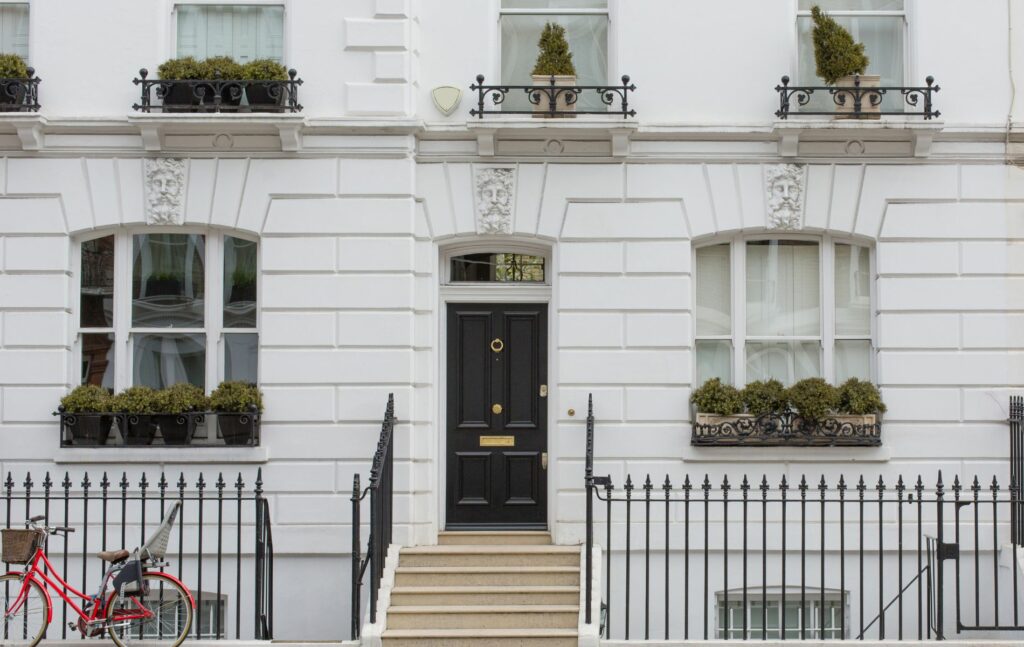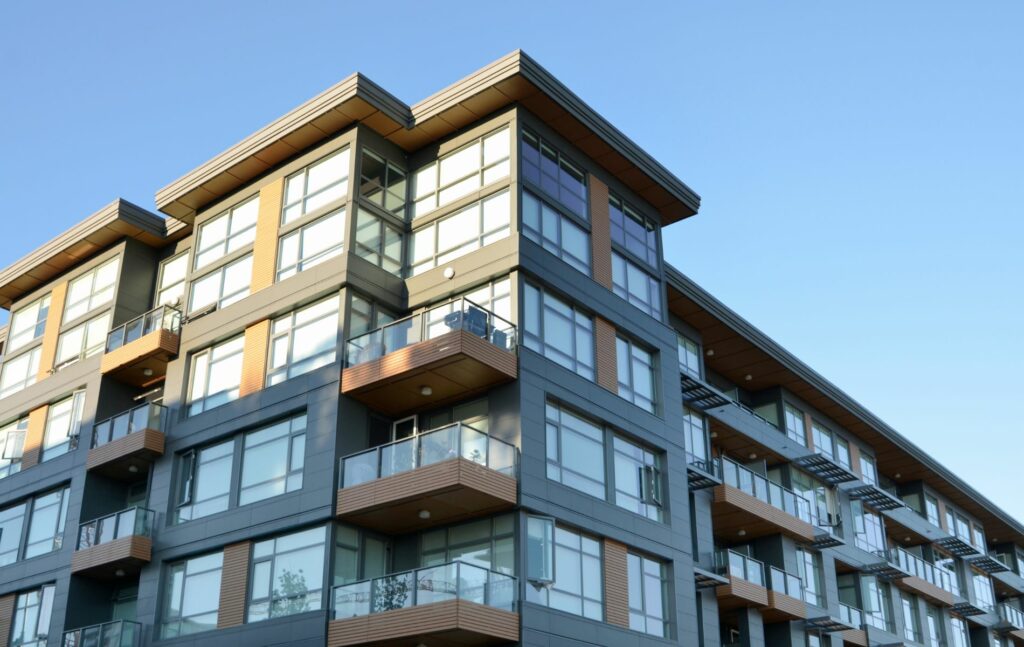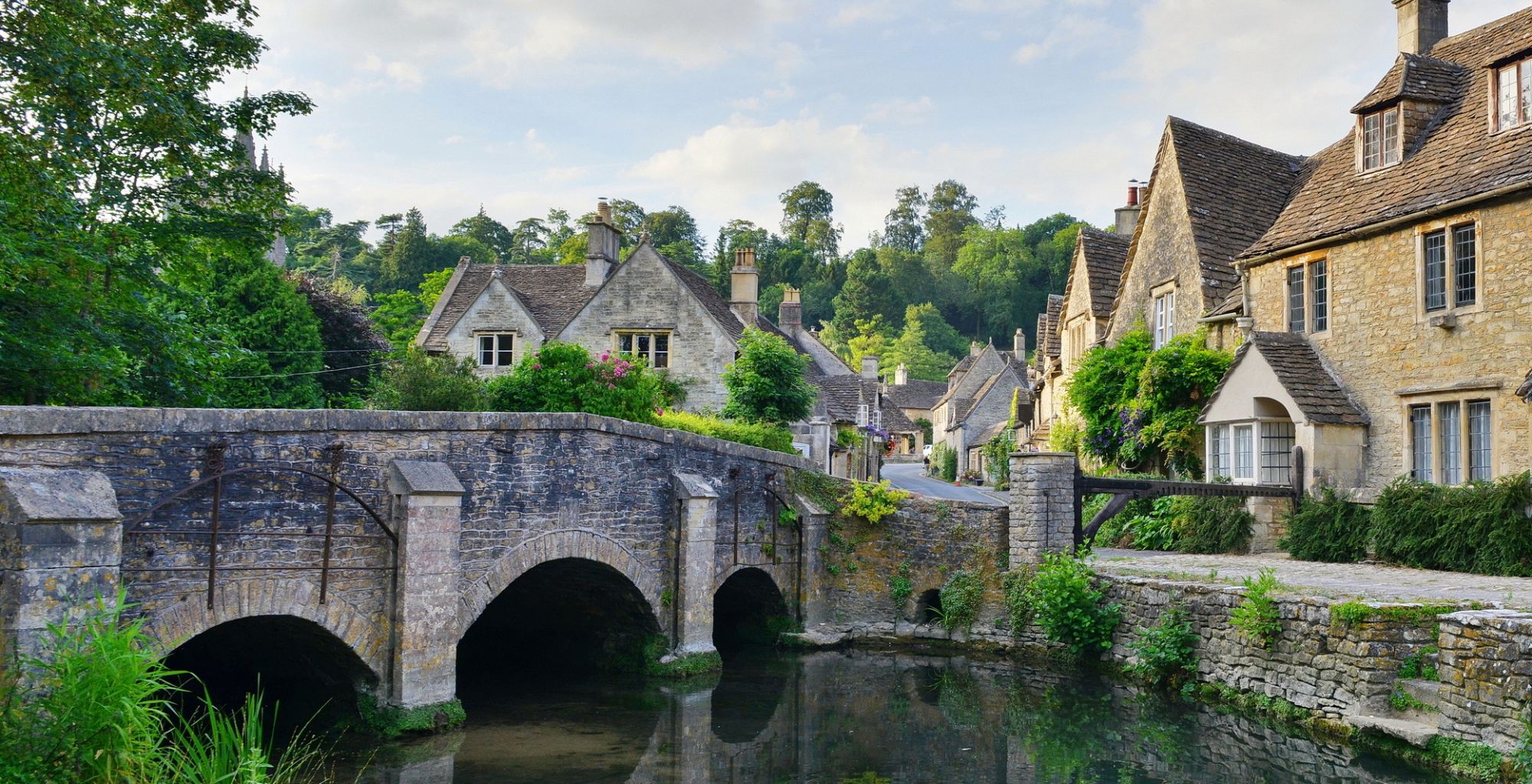Are you looking for a place to live that offers around a 30 minute commute to London? Whether you...

Investing in property: Which investment property is suitable for you?
As a property buying agent will typically confirm, investing in property as a way of growing your capital has always been popular and remains so today.
Whether the additional property will be used purely for investment or as a holiday home depends on a person’s circumstances and preference.
According to the latest English Housing Survey, in 2021-22, some 2.1 million households reported having at least one second property.
However, it is important to recognise that purchasing whatever is available and just sitting back to hope its value grows, is rarely a successful strategy.
The help of a property buying agent can ensure well-informed decisions are made surrounding the investment.
Why invest in property?
Investing in property offers several compelling benefits, making it an attractive option for many investors. Property typically appreciates in value over time, providing the potential for significant capital gains.
Additionally, property investments can generate a steady income stream through rental yields, offering a reliable return on investment. Property also serves as a tangible asset that can hedge against inflation and market volatility.
Those who own multiple assets will be interested in diversifying their portfolios, and that is absolutely something property investment can do, reducing overall risk and enhancing long-term financial stability.

Property investment types
An important first step is to be clear in your own mind as to the type of property you’re looking for and why.
It’s usually highly advisable to consider first and foremost your objectives for the property, in terms of how you plan to use it once purchased. That will define the type of property you are looking for and of particular importance, its location.
For example, after purchase, you may consider using your property for any of the following:
- long term letting to private tenants;
- short term lets, generally less than 6 months and individuals are often staying for work-related purposes;
- a house for multiple occupation (HMO). Here you will have multiple tenants and that might be particularly lucrative in university cities where student accommodation is at a premium;
- a holiday home which typically means short-duration stays and perhaps is most commonly associated with the summer months and some public holidays such as Christmas and New Year;
- occasional letting, typically found in situations where you regularly use your second home yourself for recreational purposes but would like to obtain occasional income from it when not required.
This list is far from exhaustive but it gives an indication of the many potential uses second properties are put to. Being clear on your objectives in this respect will allow you to focus on suitable properties and areas – and property finders can typically assist in helping to identify suitable matches.

What sort of return are you looking for?
As part of the above deliberations, there are some significant issues to take into account. These are often related to the type of return you’re looking for and both the nature and amount of effort you are prepared to put into generating it.
Potentially, your property might be able to offer you capital growth through any one of a number of different channels:
- increasing asset value alone. This might typically involve buying a property, renovating it, and then on-selling for a profit (sometimes called fix-and-flip). It is essentially a property development line of business and can be lucrative but the identification of the right properties based on expert market intelligence is the critical success factor;
- buying and then retaining your property for use as some form of regular income generator for you – usually involving some of the letting options as outlined above; capital growth and
leisure potential. Significant numbers of second homeowners use their properties primarily for their own benefit and that of their wider friends and family network whilst watching its value increase over time by way of a longer-term investment.
There is a significant degree of potential in the above ideas and their subsets but your evaluation criteria for selecting property will be significantly different from those associated with purchasing your primary place of residence.
Essentially, the first two categories above involve running a business and unless you are already experienced in those domains, having guidance from an expert to ensure you purchase the best type of investment property, one fit for purpose, could be extremely valuable.

Considerations when investing in property
When you are purchasing a second property, the things you will need to be clear on will vary depending upon your objectives.
If you are considering using it for any form of income generation, by definition you will become a business and that brings certain issues to the fore:
- if your income relates to rent, you will become a landlord. There will be legal obligations that you need to be familiar with;
- whatever the nature of the income being generated by your property, if your use of it is commercial then you may need to be licensed and possibly regulated by your local authorities. Remember that if you are purchasing an existing residential property with the intention of using it for commercial purposes, you will typically require a change of use approval from those same local authorities;
If you’re planning to use your property primarily for your own leisure purposes, do remember:
- if your property sits unoccupied for more than a specified period of time defined within your property insurance policy (typically somewhere between 30-45 consecutive days) then you may need unoccupied property insurance in order to maintain your protection;
- maintenance of your investment property is always extremely important and that is something that can be overlooked in situations where it is not our primary place of residence. Some form of property management company assistance might be advisable in such circumstances;
- some local authorities have regulations restricting second homeownership in their area, where such ownership will result in the property sitting unoccupied for extended periods of time through the year.
All of these factors are perfectly manageable and quantifiable providing you have appropriate help but they should be very clear in your mind before you start to consider investing in a second property.
Investing in property
The financial opportunities arising from potential second property ownership are considerable and it remains an attractive proposition for many.
Even so, the investment needs to be taken extremely seriously, as there are pitfalls that may cause some difficulties for the unwary. That is why expert assistance from property finders is particularly important when you are considering property from an investment rather than a primary residence point of view.
As an experienced property finding agent, we at Garrington can provide advice and guidance and assist you to find a suitable property for your needs. Why not contact us to see how we can help?







